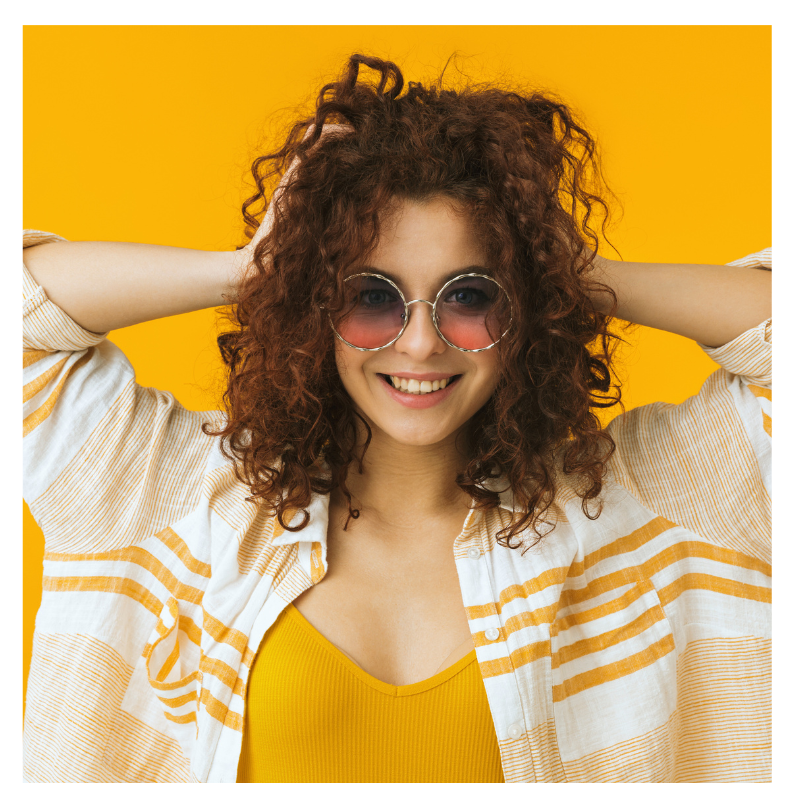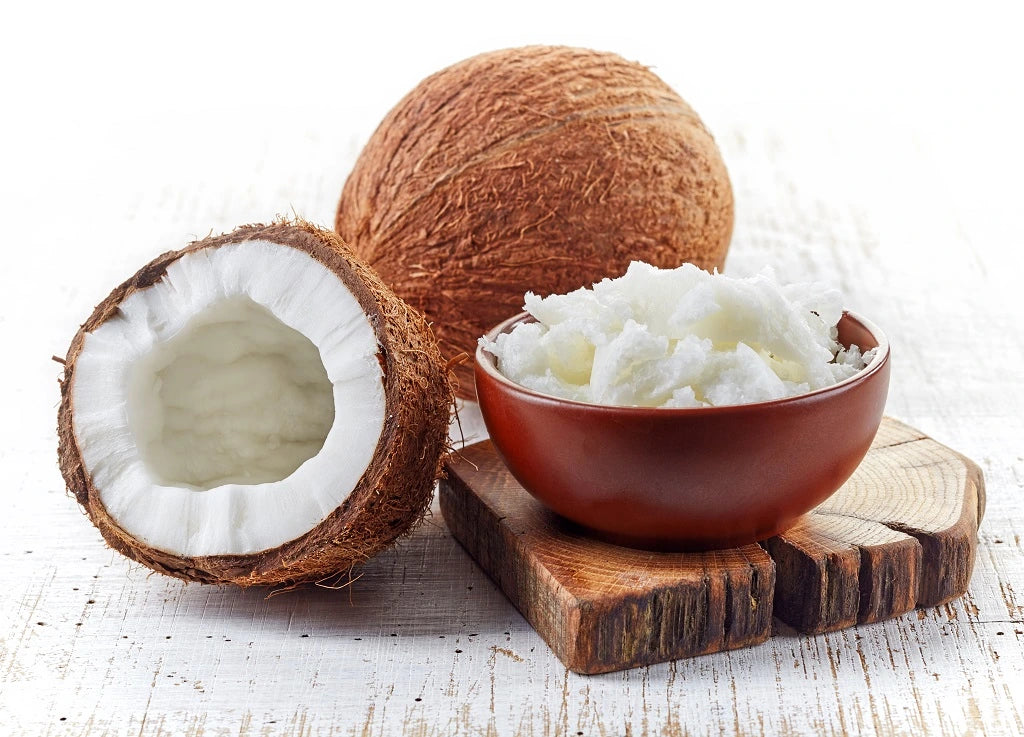Aloe vera has been one of the most popular beauty care products for centuries, but most people consider it to be a skincare ingredient and aren’t aware of its hair care benefits. Truth is that aloe vera can do an awful lot for the hair, and should be used regularly for healthy, shiny hair. Let's dig deeper into the benefits of aloe vera for hair and how to incorporate aloe vera into our regular hair care regime.
What is aloe vera?
Aloe is a succulent that generally grows in dry, arid climates. Aloe vera is loaded with beauty benefits as it is a rich source of vital nutrients required for maintaining healthy hair and skin. The goopy substance which is obtained from the leaves of aloe is rich in vitamins such as Vitamin A, B12, C, E, and folic acid. This popular ingredient is used in many cosmetic products for enhancing the texture of the hair and skin.
Aloe vera gel is used as the main ingredient in many herbal remedies. This succulent plant is known to be ‘the plant of mortality’ due to its high water content.
Hair care benefits of aloe vera
Aloe vera is well-known for its skincare benefits and the same holds for hair care as well. The benefits of aloe vera for hair are wide-ranging, which makes it a great solution to all our hair concerns. Let's elucidate the benefits of aloe vera on hair.
1. Nourishes the scalp
The high level of vitamins and minerals is beneficial for keeping the scalp well-nourished. A well-nourished scalp is a prerequisite for the growth of healthy hair.
2. Provides relief from dry & itchy scalp
Its anti-inflammatory property provides effective relief from dry and itchy scalp. It has a soothing and cooling effect on inflamed scalp. Aloe vera is known to provide relief from dry scalp conditions such as dandruff.
3. Makes hair more manageable
Aloe vera is known for its hydrating properties. Aloe vera for curly hair is also considered to be effective in hydrating rough and coarse hair. It acts as a humectant while drawing moisture from the surroundings, thereby reducing frizz and making the curls soft, smooth and more manageable.
4. Strengthens roots & reduces hairfall
Aloe vera is rich in vital nutrients which is required for the healthy hair growth. Vitamins such as Vitamin A, B12, C, E, choline and folic acid strengthen the roots by providing deep nourishment to the scalp, thus reducing hair fall.
5. Boosts hair growth
Aloe vera is rich in vitamins and minerals which fortifies the hair with essential nutrients. It boosts blood circulation and stimulates the hair follicles, to accelerate hair growth.
6. Prevents scalp infections
Aloe vera exhibits anti-bacterial, anti-fungal and antiseptic properties due to which it is effective in preventing scalp infections.
How to use aloe vera for hair?
It is best recommended to use freshly extracted aloe vera gel as it is 100% pure, natural, and organic. Aloe vera for curly hair is considered to be beneficial as it gives structure and definition to the curls.
Aloe vera for hair growth can be used in many ways. This natural ingredient can be effortlessly included in anyone’s hair care regime to have luscious, shiny, and vibrant hair.
1. Aloe vera for hair growth
Take 3 tablespoons of fenugreek seeds and soak them in water overnight. Next morning grind it well to make a smooth paste. To this add 2 tablespoons of aloe vera gel and mix well. Apply all over your scalp and hair. Let it remain for 20-30 minutes and then wash off. You can do this twice a week for promoting hair growth.
2. Aloe vera for dandruff
Take 3-4 tablespoons of aloe gel in a clean glass bowl and to this add a few drops of tea tree oil. Mix well and apply evenly on your scalp. Massage gently for 5-10 minutes, let it remain for 1 hour and then wash off. Do this twice or thrice a week for better results.
3. Aloe vera for scalp nourishment
Add 4 tablespoons of aloe vera gel to 3 tablespoons of castor oil. Mix well and then add a few drops of rosemary essential oil to this mixture. Apply evenly on your scalp and hair. Message gently with your fingertips for 5-10 minutes. Let it remain for 2 hours and then wash off with a mild shampoo.
4. Aloe vera deep conditioning
Take 4 tablespoons of aloe vera gel and to this add 4-5 drops of argan oil. Mix well and apply evenly on your strands. This deeply hydrating mask keeps your hair well-conditioned, reducing dryness and frizz.
How to choose aloe vera gel?
It is always safe to use freshly extracted aloe vera gel from the aloe leaves. However, if you want to go hassle-free, then look for products which mention 100% aloe vera on the label. Check the formulation carefully as many brands use artificial fragrances and alcohol which will not give you the desired result, plus there are chances of side effects as well.
Other ingredients it is compatible with
Aloe vera goes well with all the natural ingredients, bio-oils as well as essential oils.
Side effects of aloe vera gel
Aloe vera is generally considered to be safe for topical application, but some people are allergic to aloe vera. Make sure you are using 100% pure aloe vera gel which is devoid of any harmful chemicals to prevent any side effects.
If you are using it for the first time, do a patch test to check for any allergic reaction.Topical application of aloe vera can also cause skin irritations when used in conjunction with hydrocortisone creams as aloe vera increases the amount of hydrocortisone in the skin.
This natural ingredient is a must-have in your beauty arsenal, to keep your scalp healthy and your hair gleaming with health.
Also Read :
Curly Hair Care At Home Without Any Products
All the content published on www.Curlvana.in is solely for information purposes. It is not a substitute for professional medical advice, diagnosis, or treatment. Always consider seeking the advice of your physician or a qualified health care provider. The information, suggestion, or remedies mentioned on this site are provided without warranty of any kind, whether express or implied.




